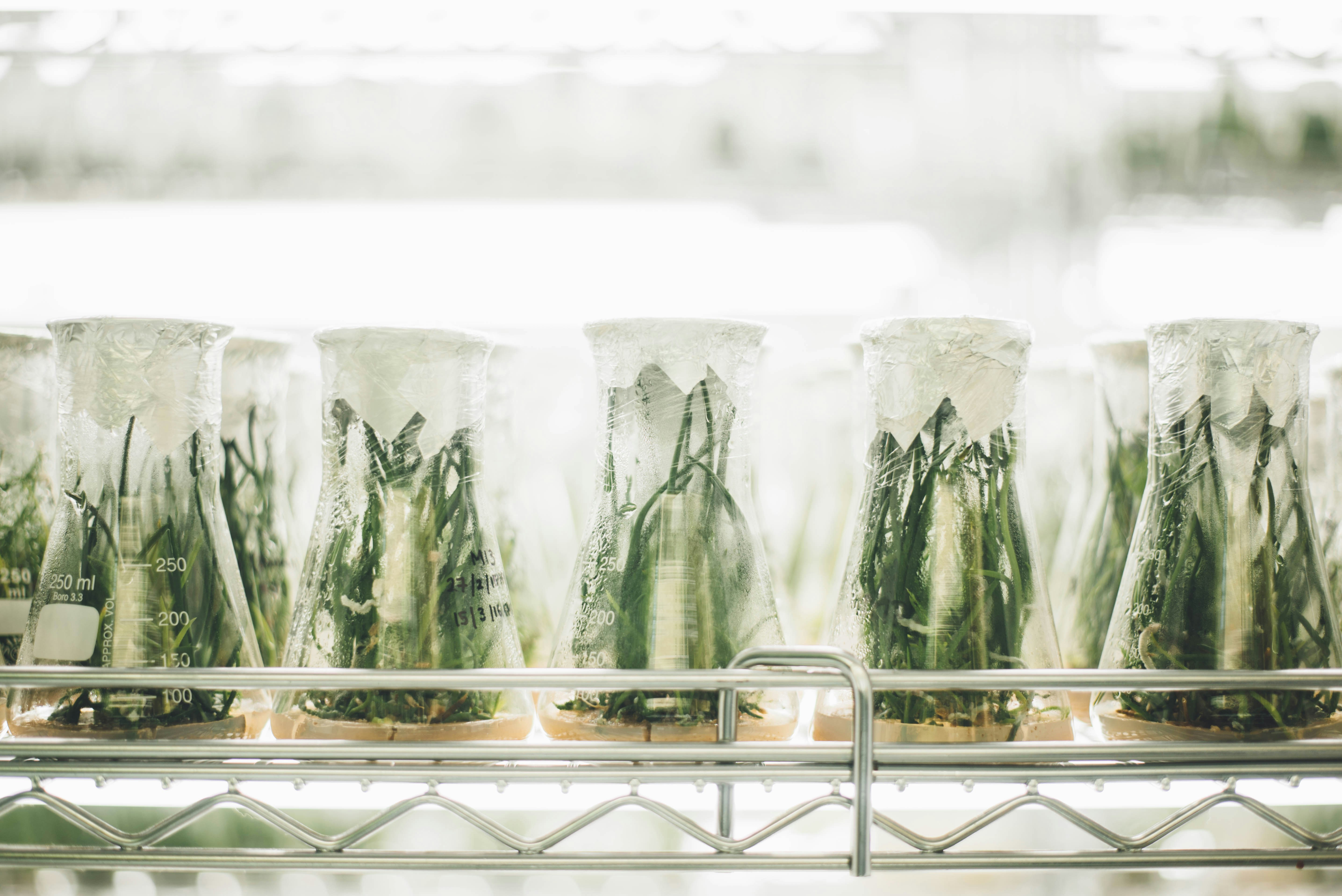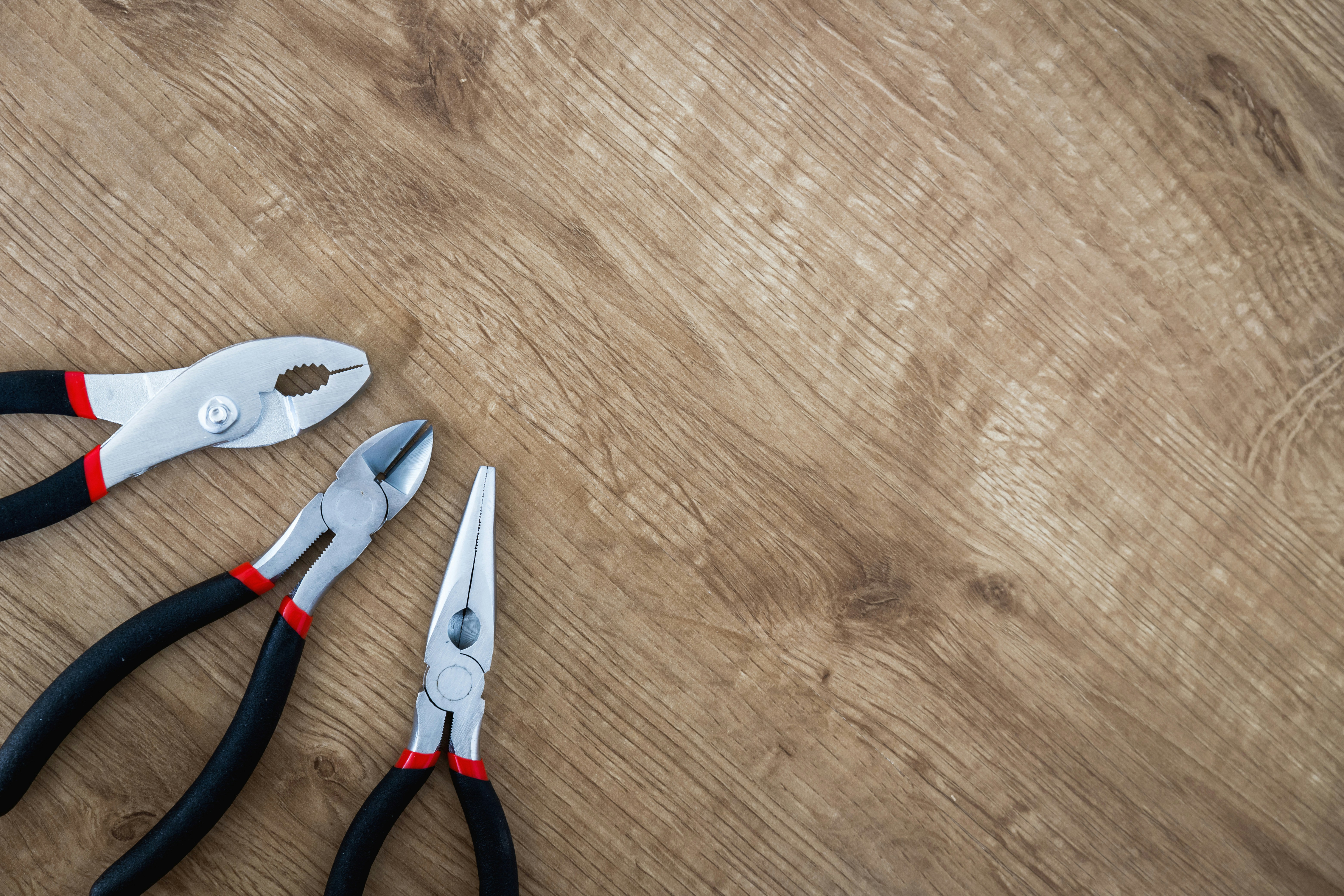Throughout most of the United States, we have naturally hard water that contains a high amount of minerals. Over time, those minerals build up and cause damage to appliances, pipes, and more. To solve this problem, many medical institutions and industrial companies use water softeners to provide deionization water to those in their building. Deionization helps to purify the water for use in labs, medical devices, electronics, the pharmaceutical industry, and much more.
Learn more about this process and why a water softener can benefit your medical or industrial company.
Hard Water & How It Can Harm Appliances & Pipes
According to the U.S. Geological Survey, hard water contains dissolved calcium and magnesium. The USGS provides a map of how hard water is across the country. If you are in an area of the country where hard water naturally occurs, you are more than likely no stranger to the use of water softeners. Many residences use them to filter out minerals since it is better for skin and hair, as well as their refrigerators, water heaters, and more.
When hard water passes through your pipes, it leaves behind impurities and other mineral deposits that accumulate and can eventually weaken them. The same thing can happen to your appliances. Hard water also leaves stains on glass, which can become problematic in a lab setting when you need clear glass for precise measurements. Using water softening methods such as reverse osmosis, water desalination, or capacitive deionization will remove most of those impurities.
How Deionization Benefits Your Facility
By using deionizer systems, your facility can benefit immensely from the clean water that you will now get from your water supply. As the water passes through the system, it removes positive ions and negative charge from those harmful minerals. Through this process, only the oxygen and hydrogen remain for pure H2O. The process of deionization is very helpful for any medical facility or industrial company.
The process of deionization involves several steps, such as:
- The water passes through ion-exchange resin or a resin bed.
- Cation resin takes hydrogen ions to exchange them for positive ions.
- Anions resin removes hydroxide ions and exchanges those for a negative ion.
The most efficient systems combine the cation and anion process in what is called reverse osmosis, providing high purity water. That high purity water can be used for many different applications throughout your organization and processes. There are several types of deionization systems and you can consult with a water softener provider to discuss your facility’s particular needs to help determine which one you would need for your company.
Industries that Use Deionized Water

While deionized water is often used for medical and pharmaceutical uses, there are other industries that need water treatment practices as well. Common industries that use deionized water include:
- Laboratories
- Cosmetics
- Aquariums
- Electronic manufacturing
- Food processing
- Car washes
- And many more
Maintaining Water Deionization Systems

When you have a water deionization system, there will be some routine maintenance and upkeep involved as with any other appliance. You especially want to practice preventative maintenance to ensure that your investment is protected and that it will not malfunction due to poor maintenance practices. Test the system often to ensure it is operating correctly so that it is not running with any broken parts.
Often, the company that installs it for you will offer maintenance services. These can include weekly system checks, system testing, replacement of the semipermeable membrane, sanitizing the system periodically, re-bedding the filtration, providing replacement parts, and much more. To install a water deionizer or other water softener, contact an expert near you to learn about your available options.

